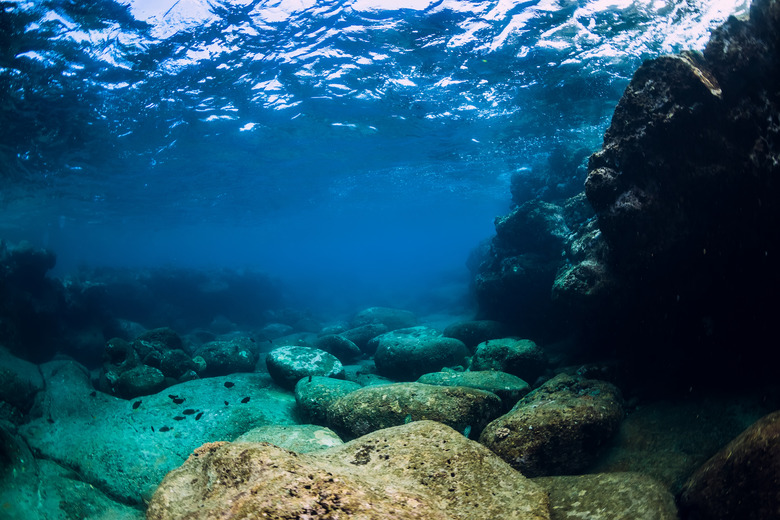Why Is It Important To Recycle Water?
Water that is on the Earth today is the same water that was here when the Earth began. This is possible because of recycled water, both naturally occurring and as a result of human technology. The Earth naturally reuses its water; however, water recycling in the human population uses technology to speed up the process through practices like reusing waste water for purposes such as irrigation, flushing a toilet or filling up a groundwater basin. Another common form of water recycling is industrial recycling, where an industrial facility will reuse "waste" water on site for processes such as cooling. One of the key advantages of recycling water is that it reduces the need for water to be removed from natural habitats such as wetlands.
Environmental Benefits of Recycling Water
Environmental Benefits of Recycling Water
When you recycle the water that you use in your area, this means that you do not have to take water from other areas. Many areas where pure water is plentiful are delicate ecosystems that suffer when their water is removed. When the water is recycled, it makes it easy for places like the wetlands to keep their water supplies.
More Advantages of Recycling Wastewater
More Advantages of Recycling Wastewater
Many times, recycling water not only prevents its removal from sensitive environments, but it keeps wastewater from going into bodies of water such as ocean or rivers. Recycling water takes wastewater such as sewage and reuses it, instead of routing it directly into the nearest river or ocean where it could spread pollution and disrupt the aquatic life.
Increases Irrigation Benefits
Increases Irrigation Benefits
While wastewater can be severely damaging to rivers and oceans, the Environmental Protection Agency advises that recycled water often contains properties that are extremely beneficial to irrigating and fertilizing fields. Recycled water often contains high levels of nitrogen, which, while bad for aquatic life, is a required nutrient for plants.
Improves Wetlands
Improves Wetlands
The wetlands provide many benefits to the environment, such as housing wildlife, diminishing floods, improving the quality of the water and providing a safe breeding ground for fish populations. Many times, recycled water can be added to the dried wetlands, helping them to once again thrive into a lush habitat.
Provides Future Water Supply
Provides Future Water Supply
When you take water from the rivers and oceans to use for things such as irrigation and wetlands, you use up part of the drinking water supply. When you recycle water and use that instead, you minimize the potential loss of drinking water. This leaves the maximum amount of water possible for future generations to use for their drinking needs.
Cite This Article
MLA
Michelle, Allison. "Why Is It Important To Recycle Water?" sciencing.com, https://www.sciencing.com/important-recycle-water-6454840/. 22 November 2019.
APA
Michelle, Allison. (2019, November 22). Why Is It Important To Recycle Water?. sciencing.com. Retrieved from https://www.sciencing.com/important-recycle-water-6454840/
Chicago
Michelle, Allison. Why Is It Important To Recycle Water? last modified March 24, 2022. https://www.sciencing.com/important-recycle-water-6454840/
